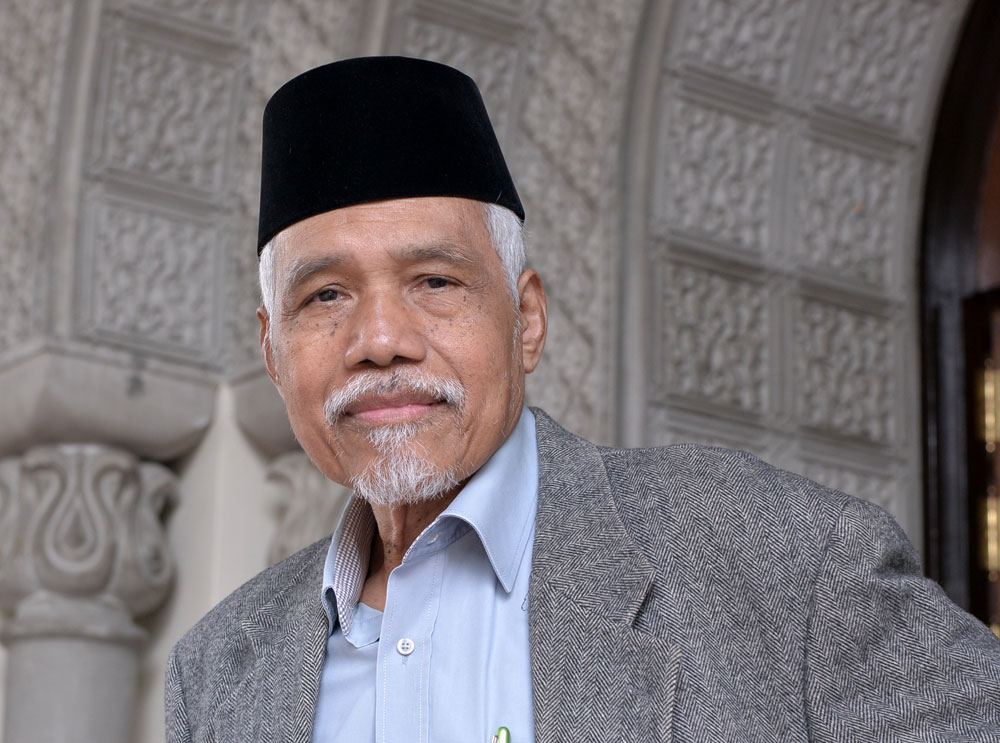کلید واژه ها
چکیده مقاله
This article presents a synthetic study of the philosophical views of al-Farabi and Ibn Khaldun from classical Islam and Arnold Toynbee and Samuel Huntington from the modern West on the subject of civilizational science. On the basis of the Aristotelian idea of a true science, this article argues that al-Farabi and Ibn Khaldun were the real founders of civilizational science. Through his reformulation of the topics constituting the subject matter of this science as first defined by al-Farabi, Ibn Khaldun immediately made the science more comprehensive and created several new sciences as its branches. Within the epistemological framework of Ibn Khaldun's new civilizational science, Toynbee developed the study of comparative civilization, which is yet to attain its true status as a science. It is further argued that Huntington's possible contribution to civilizational science would be through the concept of politics of civilization. A more refined civilizational science may only emerge in this century if the civilizational views of these thinkers and others are to be synthesized.
